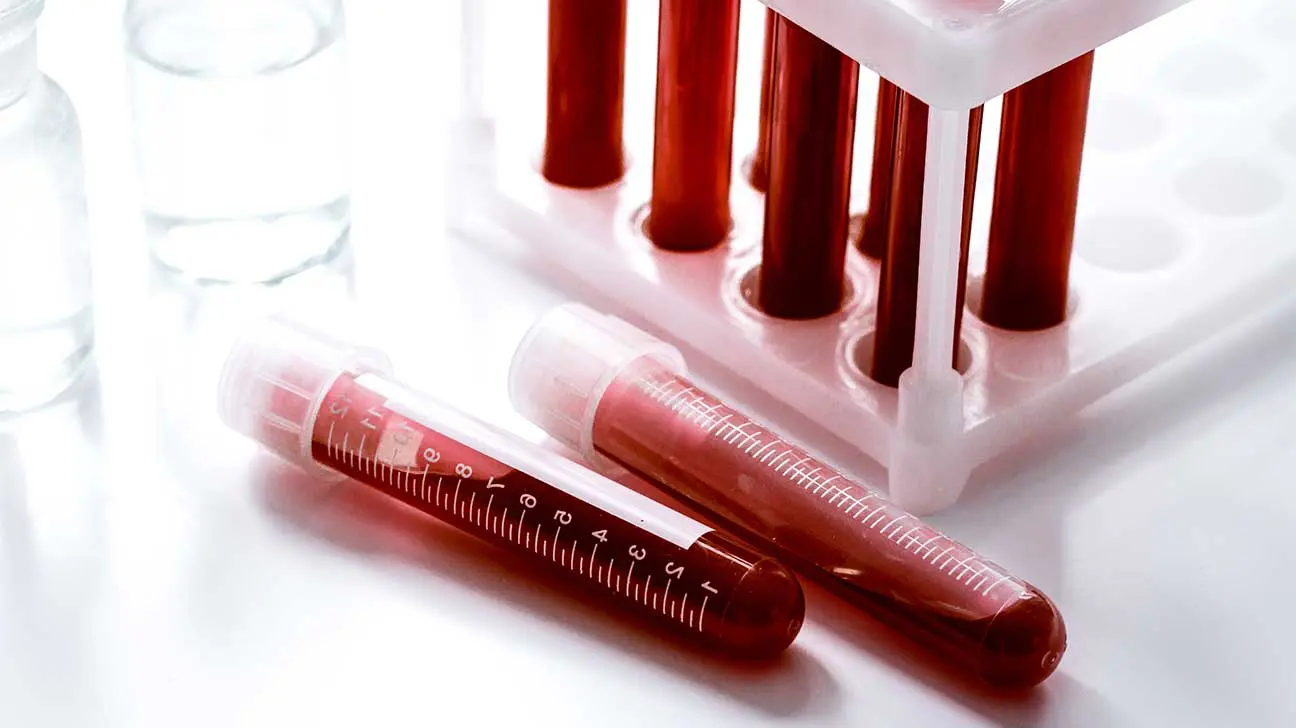
Vicodin is a combination of hydrocodone, an opioid, and acetaminophen, a fever-reducer and pain-reliever.
It is prescribed for moderate to severe pain and can be detected through blood drug tests for up to eight hours.
For individuals with a suspected hydrocodone addiction, a drug test may be administered. However, this will most likely come in the form of a urine test.
Hydrocodone Detection Time In Blood
Detection time refers to the amount of time after taking a drug that it can be picked up by a drug test or drug screen.
Hydrocodone can only be detected in the blood for up to 24 hours.
Blood tests are not typically used for the detection of hydrocodone or Vicodin; urine tests are the most common test used.
Because of the short half-life for vicodin, someone would essentially have to still be under the influence of the drug in order for a blood test to pick it up.
This is why you are unlikely to encounter a blood test for hydrocodone.
What Factors Can Affect Hydrocodone Detection Times In Blood?
Detection time will vary from person to person, in addition to being dependent on the size of the dose and the amount of time in between doses.
Factors that can affect how long hydrocodone stays in the system:
- body composition
- weight
- medical conditions
- medications
- interaction with other drugs and/or alcohol
- opioid abuse history
- metabolism
- liver function
As a person becomes addicted to hydrocodone, it will become more difficult for them to achieve their desired results from it. Unfortunately, this leads to a person taking larger and more frequent doses.
Why Blood Drug Tests Are Used For Hydrocodone
It is not uncommon to be drug tested when starting a new job or when your physician feels that you have health concerns that need to be monitored.
If you are showing signs of hydrocodone abuse or addiction, then your physician may order a drug screening for you, which will mostly likely come in the form of a urine test.
Hydrocodone addiction or abuse is treatable and should not be ignored.
Treatment is available in the form of:
- detox
- inpatient rehab
- outpatient rehab
- medication
Treatment will usually consist of some form of counseling or mental health support, either in individual or group formats.
Finding Addiction Treatment For Hydrocodone
Please don’t be afraid to ask for help if you or a loved one is struggling with an addiction to hydrocodone.
Calling our helpline today is the first step towards learning about hydrocodone addiction and the various treatment options nearby.
Addiction Resource aims to provide only the most current, accurate information in regards to addiction and addiction treatment, which means we only reference the most credible sources available.
These include peer-reviewed journals, government entities and academic institutions, and leaders in addiction healthcare and advocacy. Learn more about how we safeguard our content by viewing our editorial policy.
- Institute For Safe Medication Practices (ISMP) — Hydrocodone with Acetaminophen
https://www.ismp.org/sites/default/files/attachments/2018-11/Hydrocodone1-13.pdf - Journal of the American Board of Family Medicine (JABFM) — Prescription Opioid Use among Adults with Mental Health Disorders in the United States
https://www.jabfm.org/content/30/4/407 - Michigan Medicine: University of Michigan — Hydrocodone
https://www.uofmhealth.org/health-library/d03075a1 - U.S. National Library of Medicine: MedlinePlus — Hydrocodone
https://medlineplus.gov/druginfo/meds/a614045.html


